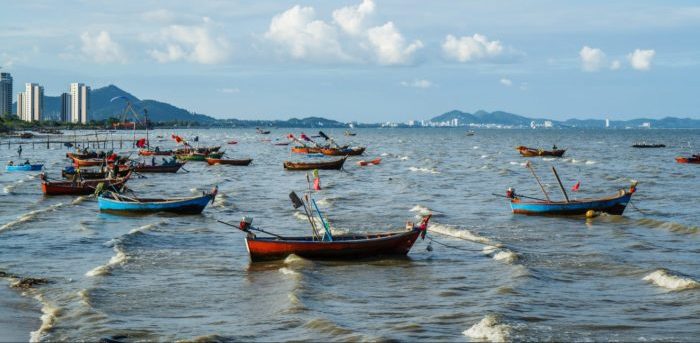ODI, the global group working for sustainability issued a briefing note summarizing key points with respect to private data platforms’ role in addressing illegal, unreported and unregulated fishing and overfishing.
Highlights
- New technologies offer unique opportunities to support fisheries monitoring, control and surveillance, particularly for countries without the means to patrol their waters or enforce legislation against illegal, unreported and unregulated (IUU) fishing and overfishing.
- Developed countries and multilateral organisations have been slow to exploit these opportunities, and have failed to produce a single, effective, public global fisheries information tool.
- Private initiatives tackling overfishing and IUU fishing using satellite and data technologies have emerged in recent years to bridge this gap, but their potential is undermined by the limited size and insufficient quality of their datasets.
- Better data management and closer collaboration between these initiatives is needed, alongside improved fisheries governance and greater efforts to tackle corruption and curtail practices including the use of flags of convenience and secret fisheries agreements.
Illegal fishing is a main area for concern in the global fishing industry, resulting in significant environmental and economic damage. According to Pew Charitable Trusts, up to $23.5 billion worth of seafood is stolen from the sea each year, which is equivalent to 1 in 5 fish sold.
As explained, illegal, unreported and unregulated (IUU) fishing accounts for 11–26 million tonnes each year (7%-17%) of the total global catch. Miren Gutierrez, Alfonso Daniels and Guy Jobbins from ODI note:
The degradation of fisheries poses risks to the food security and livelihoods of millions of people, as well as undermining local economies. In coastal West Africa, for instance, up to two-thirds of all the animal protein people eat comes from fish, and around a quarter of jobs are linked to fisheries.
In early 2018, WWF and its partners introduced revolutionary blockchain technology to the Pacific Islands’ tuna industry, the first of its kind for this region, to help stamp out illegal fishing and human rights abuses. Tracking fish from vessel to the supermarket, the Blockchain Supply Chain Traceability Project is using digital technology in the fresh and frozen tuna sectors of the Western and Central Pacific region to strengthen supply chain management.
Conclusions
- New technologies, such as remote sensing and big data, are now common in several areas of environmental and natural resource governance. SkyTruth.org, for example, uses satellite imagery to investigate, monitor and expose oil spills, mine failures and major pollution events.
- Initiatives using these technologies can expose malpractice to enforcement agencies, insurers, investors and the public, and generate pressure to hold someone accountable.
- The fight against IUU fishing and the unsustainable exploitation of fisheries resources could benefit greatly from data activism and support to fisheries MCS and enforcement. Increasing datafication and the expansion of data infrastructure offer new resources for fisheries management.
- While governments and multilateral organisations have been slow to capitalise on these opportunities, private initiatives are filling the gap.
- In principle, collaboration and coordination between these initiatives could create a powerful data platform much more useful than any one individual component. NGOs should demand action from governments and international agencies to improve transparency.
- A global, centralised database of vessels known or suspected of involvement in IUU fishing would be a good first step.
The creation of a worldwide unique vessel identification scheme for and database of fishing vessels has been on the international agenda for too long and with too little progress…Ultimately, big data solutions alone will not tackle overfishing or end IUU fishing. Greater political will, improved governance and policy action, anti-corruption efforts, enhanced port measures and improved international coordination are all necessary to tackle these crimes. However, these new technologies can be an important tool in the fight against overfishing and IUU fishing, if they can be effectively harnessed.
Explore more by reading the full document herebelow:































































